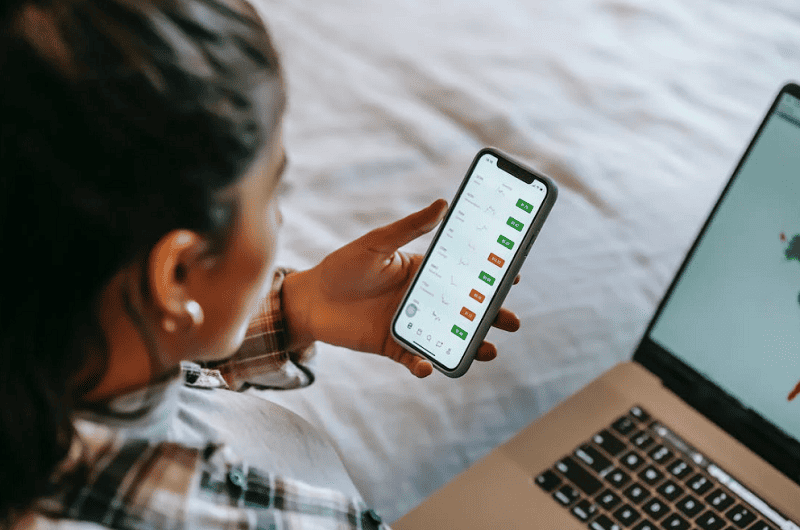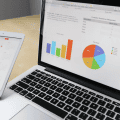Personal finance apps have become increasingly popular over the years, with more and more people turning to technology to manage their finances.
These apps offer a convenient and accessible way to track your expenses, create budgets, and plan for your financial future.
However, like any tool, there are pros and cons to using personal finance apps. Here are five of them.
Table of Contents
What Are Personal Finance Apps?
Personal finance apps like Rocket Money and Simplifi are mobile applications that assist users with managing their finances. These apps can be downloaded onto your smartphone or tablet, making it easy to access your financial information on-the-go.
Some apps even sync with your bank accounts and credit cards to give you a real-time overview of your financial situation. These apps typically offer features such as expense tracking, budget creation, bill reminders, investment management, and more.
There are various types of personal finance apps available, each with its own unique features and target audience. Some apps focus on budgeting and expense tracking, while others specialize in investment management or retirement planning. It’s essential to research different options to find an app that best suits your financial goals and needs.

The Benefits of Personal Finance Apps
- Convenience: One of the biggest advantages of personal finance apps is their convenience. They allow you to manage your finances anytime, anywhere, without having to visit a bank or financial advisor.
- Budgeting Made Easy: Personal finance apps offer budgeting features that make it easy to track your expenses and stay within your budget. These apps can categorize your spending, remind you of upcoming bills, and even provide insights into your spending habits.
- Accessibility: With personal finance apps, all your financial information is at your fingertips. You can view account balances, transactions, and financial goals all in one place.
- Security: Most personal finance apps use encryption to protect your financial data, making them more secure than traditional paper statements.
- Cost Savings: Some personal finance apps are free to use, while others offer premium features for a small subscription fee. Either way, using these apps can save you money in the long run by helping you avoid unnecessary fees.
The Drawbacks of Personal Finance Apps
- Technical Issues: As with any technology, there is always the risk of technical issues or glitches that could affect the accuracy of your financial data.
- Inaccurate Information: Personal finance apps rely on accurate input from users to provide accurate financial information. If you forget to input a transaction or make a mistake, it could lead to inaccurate financial data and throw off your budgeting.
- Potential for Overspending: Having all your financial information easily accessible on your phone can also tempt you to overspend or make impulsive purchases.
- Lack of Personalization: While personal finance apps offer convenient features, they may not take into account your unique financial situation or goals. This could lead to generic advice that may not apply to your specific needs.
- Privacy Concerns: With personal finance apps collecting and storing sensitive financial information, there is always the risk of a data breach or privacy concerns.
Conclusion
Personal finance apps offer many benefits, including convenience, budgeting assistance, and accessibility. However, they also come with their own set of drawbacks that users should be aware of.
Ultimately, it is important to carefully consider your needs and preferences before deciding whether personal finance apps are the right tool for managing your finances.
























